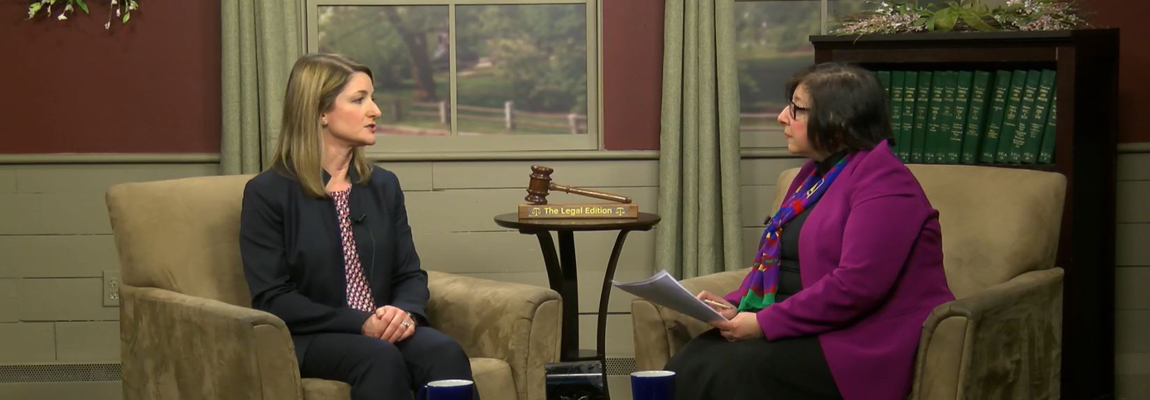 The Affordable Care Act--Liberty, Justice & Expansion for All…
The Affordable Care Act--Liberty, Justice & Expansion for All…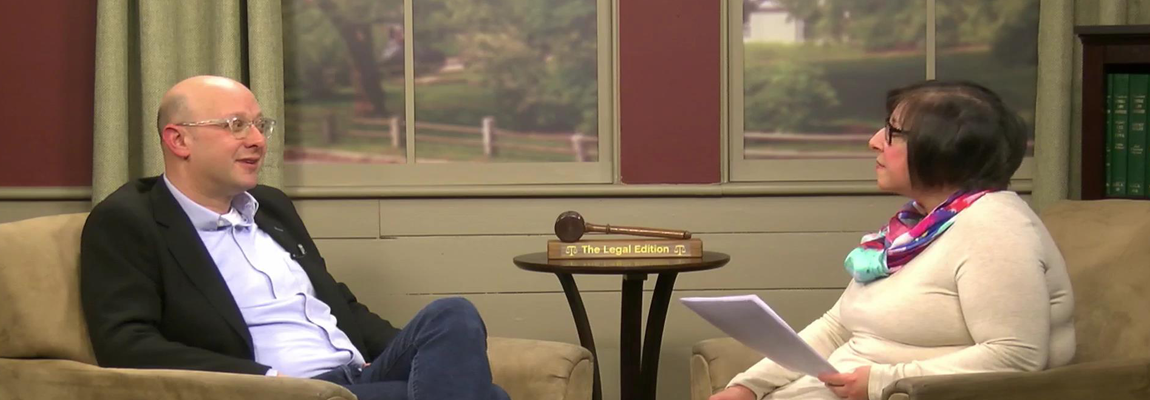 Parallels in Patriotism: Educating One Generation of America at a Time
Parallels in Patriotism: Educating One Generation of America at a Time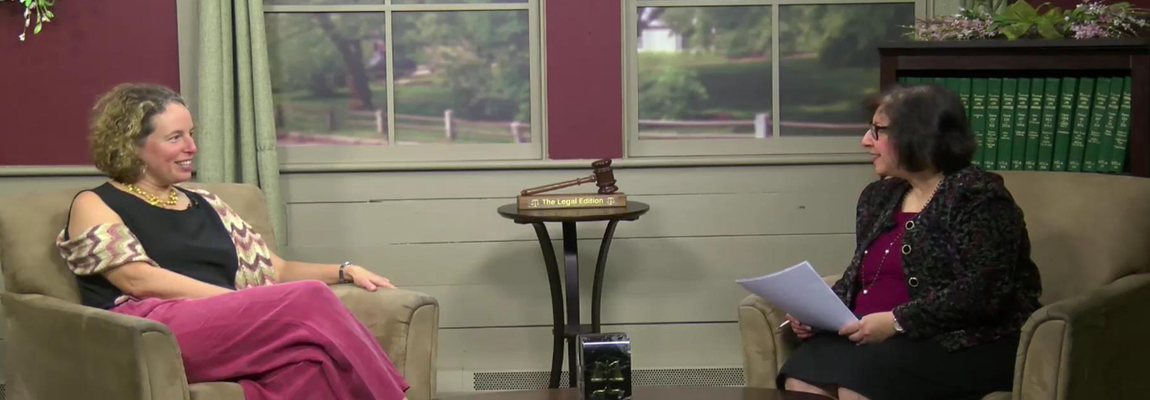 Polarization in Public Education: Teaching “Democratic” Values in a Trump-Era Democracy
Polarization in Public Education: Teaching “Democratic” Values in a Trump-Era Democracy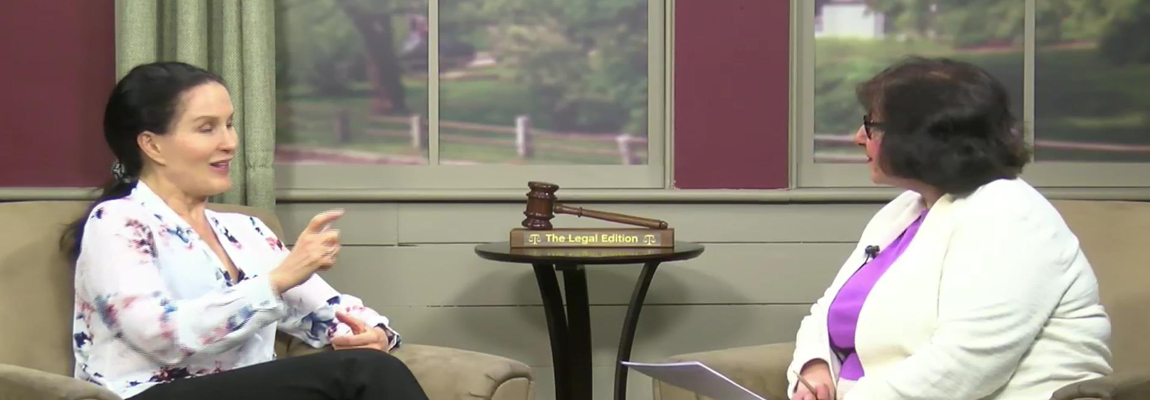 Sexual Assault, Recent Judgments & #MeToo – Is America Moving Closer to Equal Rights for All?
Sexual Assault, Recent Judgments & #MeToo – Is America Moving Closer to Equal Rights for All?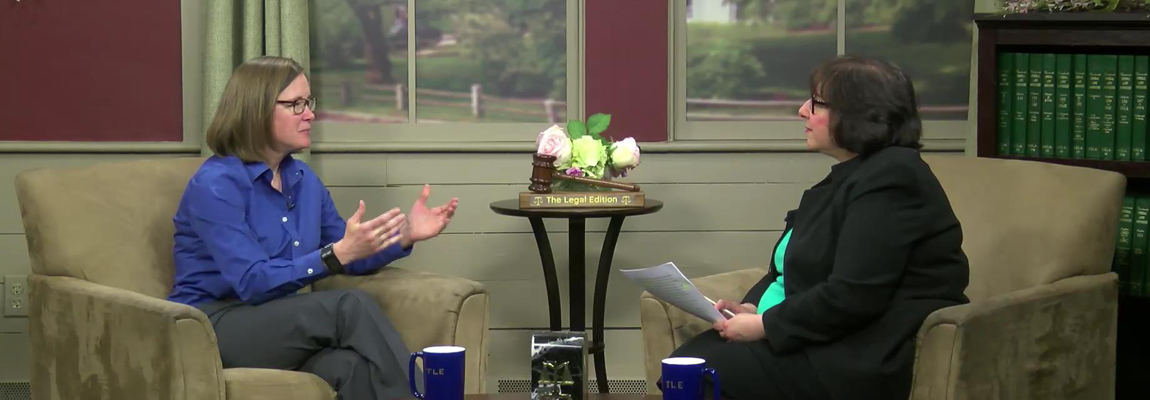 Corporate Personhood: How Big Business, Money & Politics is Hijacking the Constitution
Corporate Personhood: How Big Business, Money & Politics is Hijacking the Constitution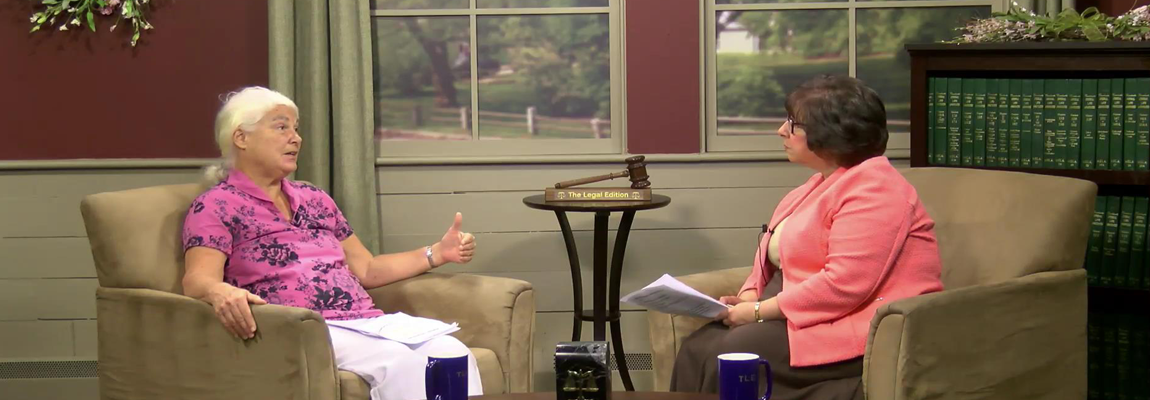 Making the Connection: How Herbicide Use Correlates to Modern Disease
Making the Connection: How Herbicide Use Correlates to Modern Disease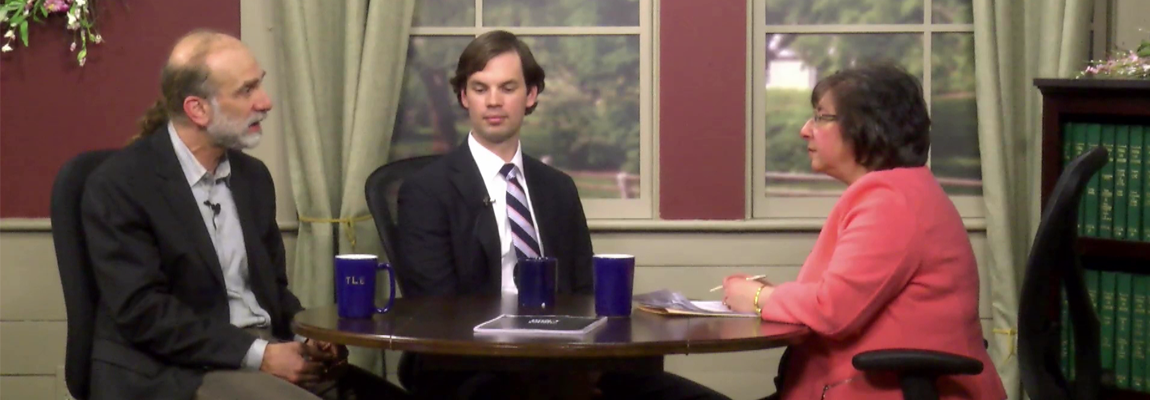 Going Dark or Getting Personal? The Battle Between Data, Privacy & Intrusion
Going Dark or Getting Personal? The Battle Between Data, Privacy & Intrusion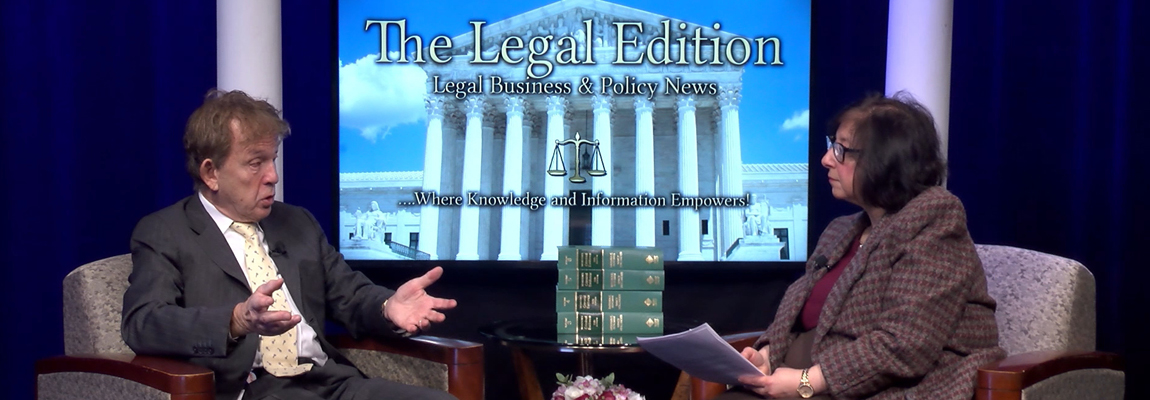 Conquering the Enemy: the Memory Within
Conquering the Enemy: the Memory Within
 THE LEGAL EDITION® – LEGAL, BUSINESS & POLICY NEWS
THE LEGAL EDITION® – LEGAL, BUSINESS & POLICY NEWS
WINNER OF THE VIEWER’S CHOICE IN PROGRAMMING!
The Legal Edition – provides topical information on the latest issues that affect you, your family, & your business – Analysis by Lawyers, Scholars & Experts – on issues that mainstream media ignores or overlooks:
Personal Rights, Government & Surveillance, Healthcare & Contaminants in Food, Climate Change, Women’s Rights, Voting Rights & More – The Legal Edition – Analyzes & Reports.
SUBSCRIBE TO OUR PUBLICATION ON SUBSTACK – BE A PART OF THE LEGAL EDITION FAMILY – TO GET & STAY INFORMED, (ADD YOUR EMAIL BELOW):
- Subscribe to our YouTube Channel for ‘Immediate Access’ to ‘Newly’ Released Programming
- Download Our Podcasts – Wherever You Get Your Podcasts
Stay tuned to stay informed – The Legal Edition–Legal, Business & Policy News.
Click Here to View All Shows
See All Programs on a variety of topics from Health & Environment, to Law, Business, Policy & Politics – from The Legal Edition – Legal, Business & Policy News – Legal Analysts, Scholars & Experts!
New Releases:
Are Trump Lawyers Backsliding Democracy? How Unethical Lawyering Erodes Trust in the Rule of Law of a Democratic Nation
Guest: Scott Cummings – Professor of Ethics at UCLA School of Law – Author of Numerous Books on Ethics in Gov’t and Accountability.
Discussion on the MAGA lawyers being disbarred and ethics violations unheard of in years past, and how to curtail abusive lawyering by legal professionals. We discuss the concept of how lawyers concerned with prestige and power – pushing falsehoods and cases that should never be brought to court – by their actions are aiding in democratic backsliding of the rules of law and consequently our nation. Specific MAGA lawyers and their legal perils are discussed.
Interview with Cult Expert, Dr. Steven Hassen – Author of the Best-Selling Book, The Cult of Trump.
Discussion centers on the psychological factors that go into becoming a cult-leader an what is required of those that follow. How personality types and other life factors create a susceptible structure and approval process that is ready to be converted to full obeyance to even outrageous comments by those seeking to control.
Interview with Steve Benen – producer of the Rachel Maddow Show, & Author of the newly released book: Ministry of Truth.
Guest: Steve Benen and Mary Kay Elloian of The Legal Edition discuss his new book that chronicles the MAGA movement and the Trump presidency, detailing the Economy under Trump compared to Biden and Obama to reveal the blatant mistruths of the former president on the health of the economy under his presidency.
Interview with Former United States Inspector General, Glenn A. Fine
Guest: Former IG Glenn A. Fine, discusses the little known but vitally important role Inspectors General bring to any administration – providing transparency, efficiency, and ethical accountability to the American people.
Discussion on the a variety of investigations focused on oversight, accountability and recommendations. From espionage to terrorism to financial fraud – former IG Fine has seen it all. Discussion is based upon a compendium of the IG’s experiences under several presidencies – including what he calls the ‘Friday Night Massacres of IG’s Under Trump’. A riveting discussion.
The Subversive Plot to Hijack American Elections & its 50 Year Headstart
Guest: David Daley, Investigative Journalist & National Best-Selling Author, & his Riveting New Book ‘Antidemocratic’ Inside the Far Right’s 50 Year Plot to Control American Elections
Discussion on how this plot to invade the sacrosanct province of American Elections came about, when it did, who is behind it, and what we can do as voters to stop it. A riveting true-crime story with the victim – American Democracy & its Voters. A story that ‘must’ be told in anticipation of the upcoming Presidential Election.
Gerrymandering Your Vote: (Followup to ‘Where to Draw the Line’ – 2017)
Guest: Dr. Daniel Breen, JD, PhD – Sr. Lecturer of Legal Studies at Brandeis University, Waltham, Massachusetts.
Discussion on recent US Supreme Court ruling in Sourth Carolina v NAACP, effectively ‘prioritizing’ Partisanship over Race. How recent SCOTUS decision has Weaponized ‘Partisan Gerrymandering’ – Further Eroding Racial Inequities.
(Our 2017 program, ‘Where to Draw the Line…’ Foretold Upcoming Partisan Gerrymandering Rulings by SCOTUS to Discriminate & Disenfranchise’ Using Partisanship as a Proxy for Race for drawing the lines in the future…) That Future is Here Now in 2024. A Must See Primer to Current Rulings on Redistricting.
Intersection of Domestic Violence & Reproductive Justice – Where Do the Delineations Fall?
Guests: Lynn Hecht Schafran, Esq. & Azaleea Carlea, Esq.
Discussion of how living in a Post Roe America after the US Supreme Court ruling in Dobbs – overturning 50 years of legal precedent on abortion – sending it back for individual states to determine. How this decision has negatively affected pregnant women, especially those living in abusive conditions across the country, and specifically in states that have severe restrictions on reproductive healthcare access. Where mortality statistics now show: it is now 3 times more dangerous for pregnant women living in abusive conditions where states are setting abortion laws; how data now reveals increased maternal mortality during pregnancy, or shortly after the birth of the child.
Justice at Trial: Courtroom Battles & Groundbreaking Cases
Guest: Attorney, Lecturer, Writer – James J. Brosnahan, an ‘in-depth’ discussion with Atty., Host & Producer, Mary Kay Elloian, on Jim’s 60+ years trying & winning high profile civil & criminal cases – all in his groundbreaking new book. From prosecutor to defense attorney, from Harvard Law to Berkeley Law, Jim Brosnahan made his mark from Boston to California – & internationally.
Discussion: Cases from Asst. to Special Prosecutor on Iran Contra – ‘Weapons for Hostages’ under President Ronald Reagan, to his riveting testimony in Confirmation of former US Supreme Court Associate Justice – William Rehnquist, FBI cases & more.
Stand Your Ground: the Story of Race, Gender & Privilege in America – Part 1 of 2
Guest: Dr. Caroline Light – Director of Undergraduate Studies and Senior Lecturer on Studies of Women, Gender and Sexuality at Harvard University.
Discussion on the history of armed citizenship in America and ‘Who’ is entitled to Stand Their Ground – from the days of the nation’s founding and the ‘Castle Doctrine’ to the present day.
Stand Your Ground: the Story of Race, Gender & Privilege in America – Part 2 of 2
Guest: Dr. Caroline Light – Director of Undergraduate Studies and Senior Lecturer on Studies of Women, Gender and Sexuality at Harvard University.
Discussion on the history of armed citizenship and the concept of self-defense: ‘Who’ is entitled to Stand Their Ground – how race, gender & privilege affect how these laws are applied.
Blind to Betrayal: Breaking the Silence of Trauma & Abuse
Guest: Dr. Jennifer J. Freyd, Professor Emerit at the University of Oregon, and Editor of the Journal of Trauma & Dissociation.
Discussion on psychological concepts of institutional betrayal, betrayal trauma, bystander betrayal by institutions, workplaces & families. From Sexual Assault to Domestic Violence – how perpetrators of abuse choose their victims, gaslight them and what society needs to do to help victims heal. A riveting discussion that transcends the horrors of abuse and victimization in churches, institutions – and families, to create societies of healing through institutional courage.
Siege at the Capitol & Homegrown Violent Extremism – Is it Here to Stay?
Guest is Dr. Michael Jensen, Senior Researcher – National Consortium for Study of Terrorism and Responses to Terrorism (START), University of Maryland – Leading ‘Profiles in Individual Radicalization in the United States’ (PIRUS) project – a first of its kind database on the radicalization of U.S. homegrown extremists used by the US Justice Department – including the FBI.
Discussion on January 6, Siege at the Capitol. Was it foreseeable? How did these extremist get radicalized? And why nothing was done to mitigate the harm. From the voice of a senior research analyst – find out why the US government was so unprepared for the deadly siege at the US Capitol on January 6 – a ‘Siege’ that rocked this nation to its core.
Crisis at the Border – Migrants, Motherhood & Medical Care
Guest is Denice Labertew. She is a women’s rights advocate, professor, and former US envoy to foreign states – providing policy guidance to protect the rights of women and girls. Her work includes negotiating regulations in the Violence Against Women Act, and advocating for human rights at the recent UN Universal Periodic Review – on the US Treatment of migrant women and girls detained at the US/Mexican border.
Clandestine Clergy: Politics and Policies on Sexual Abuse in the Catholic Church
Guest is Attorney Mitchell Garabedian – the attorney who litigated many of the first child sexual-abuse cases in the nation – representing survivors of the clergy abuse taking place in the Catholic Archdiocese of Boston, and around the nation. His work is depicted in two Award-Winning movies.
Discussion focuses on the serial predators, the “clandestine clergy” cloaked in the cloth, hiding their true nature behind religion and the church – using it as a pretense to “prey” upon vulnerable children and their unsuspecting parents. How these child predators make their way into the family circle, becoming trusted confidants and revered family members – all while the Church covered it up – as revealed in the ‘Secret Files’ of the Catholic Church. Institutional abuse also discussed. A program every parent of young children should see!
Unmasking the First Amendment – Litigating Freedom of Information, & Office of Legal Counsel Opinions
Guest: Attorney Stephanie Krent, Knight First Amendment Institute, at Columbia University – dedicated to defending freedom of speech and the press in the digital age – through strategic litigation, research, & public education.
In this discussion, Attorney Krent explains what the Office of Legal Counsel is, how it works under the US Attorney General, and why its opinions are so important. Why the ‘OLC’ opinions, are of critical importance to the American people and the lawyers outside of government – yet many of these important decisions are kept “secret” from the American people. Because Democracy dies in darkness, it is essential that these ‘non-classified’ opinions see the light of day. The Knight Institute is working to shine that light, to bring transparency to the American people.
The Sound of Silence – The Hidden Epidemic of Domestic Abuse and Trauma
Guest: Judith Herman, MD, Department of Psychiatry, Harvard Medical School; Co-founder of Victims of Violence Program at Cambridge Hospital. Author of Trauma and Recovery: The Aftermath of Violence – From Domestic Abuse to Political Terror.
Exploration of insidiousness of domestic abuse & trauma – focus on mistreatment & revictimization by the very people and institutions that should be protecting them: courts, government, their employers – and even their church. Often blamed for their own abuse and suffering by a patriarchal judicial system, their abusers & their own families. How to recognize ‘abuse’ – what victims can do to break-free of the cycle of victimization, & what it feels like to reclaim one’s life.
Election Security: Securing the Vote While Securing the System
-Guest: Bruce Schneier, Internationally Renowned Security Technologist, & Fellow at the Berkman-Klein Center for Internet and Society at Harvard University & Lecturer in Public Policy at the Harvard Kennedy School.
Discussion on how voting machines work, how old technology machines are inherently vulnerable, and how the ‘Gold Standard’ of ‘paper ballots’ used in ‘most’ states in the 2020 election provides safety, security and accountability for secure audits – and to ensure that every vote cast – does in fact really get counted & counted correctly. Further discussion on international actors and how they can potentially pose dangers to our elections. Enlightening view from a security “guru” & NY Times Best-Selling author of 14 cyber-security books!
International Bill of Human Rights – Politics & Priorities – Where Does America Stand?
-Guest: Attorney, Jamil Dakwar, Director of the American Civil Liberties Union, Human Rights Program (HRP)
Discussion on International Covenants and Treaties on Human Rights – including Civil and Political Rights – adopted by the United Nations decades ago. Yet, the Trump State Department is weakening them and exacerbating tensions with the international community, and long established norms. Specifically putting a ‘Commission together’ to create a ‘hierarchy’ of rights prioritizing some over others, with the effect of weakening the extent and purpose of the treaties. A riveting discussion on decades long policies being eroded and how they need to be addressed by the next presidential administration.
Reconstructing the Reconstruction – the Aftermath of Slavery, and the Continuing Fight for Equal Justice
– Guest: Michael David Cohen, PhD – Professor of 19th Century America & Presidential Historian, American University, Washington, DC
Discussion centers on issues around Reconstruction after the Civil War, racial injustice then & now – A survey of 19th century American presidents who brought slaves to the White House, owned them, separated families and benefited from their labor. How Black Americans Struggled for freedom, education, & the right to Vote – while Confederate statues were erected to remind them of their place in society. Further discussion on how Abolitionists & Suffragists worked to bring about change for both Black Americans & themselves.
Liberty, Justice & Healthcare for None – Litigating the Affordable Care Act (ACA) During COVID
– Guest: Attorney, Author, Professor Nicole Huberfeld, BU School of Law & Public Health.
Discussion on the Litigating the ACA during the COVID CRISIS. Answering the hard questions: Why the Trump Administration is Heading to the US Supreme Court on November 10th – just after the US Presidential Election – to Try, Once Again – to Repeal the Affordable Care Act, When Millions of Americans Rely on it – and Now, More Than Ever, is Critical to Have it… and, Why South Carolina Senator Lindsay Graham, states he wants to “kill” the ACA – at a time when all Americans, including South Carolinians needed it the most – during COVID!
Running on Fumes: Biofuels, the Environment & Your Health – COVID Edition
– Guest: Stephanie Seneff, PhD – Sr. Research Scientist at MIT
Discussion of the potential relationship between the prevalence of COVID and the use of biofuels, and it’s effects upon human health. Dr. Seneff provides insightful analysis of statistical and empirical data used by scientists and academics showing a troubling correlation between the use of biofuels and harmful environmental toxins, to the prevalence of COVID19. She postulates how environmental pollutants may be setting the stage for COVID to literally take our breath away.
The Altered States of America: the Psychological Effects of Donald Trump
– Guest: Dr. Seth D. Norrholm – is a translational neuroscientist with over 20 years experience identifying psychopathologies in humans.
Discussion of Trump’s magic-talk about the COVID virus just going away, his flouting of health and safety rules by holding mass rallies during a pandemic, and embracing dictators like Russian President Putin. Dr. Norrholm answers, why Trump engages in repeated lies, childish name-calling, denigration of the dead, and those who died in the military – what this shows us about his mental state, his fitness for the presidency, and most importantly, what all this is doing to the American people.
– Guest: Dr. Roger Pitman, Professor of Psychiatry at Harvard Medical School, & Psychiatrist at Massachusetts General Hospital (MGH) on PTSD in Abuse & Trauma Survivors & Veterans of War.
Discussion on what is PTSD, how it is acquired, how to identify it, and ultimately, how to work to make the bad memories go away. Part of our series on Sexual Assault, Trauma & Abuse. Dr. Pitman appeared past appearances on ‘60 Minutes’ – sharing his research on the causes, and treatments of PTSD.
“Roundup” – Is it Ready for Another Trial?…
Monsanto Herbicide Cases
– Guest: Dr. Stephanie Seneff is a Senior Research Scientist at MIT.
Discussion on the multi-million jury awards to those who developed Non-Hodgkins lymphoma where causal evidence suggests that the regular use of the herbicide “Roundup” caused the victims to develop the fatal disease and what if anything, the company is doing about it.





